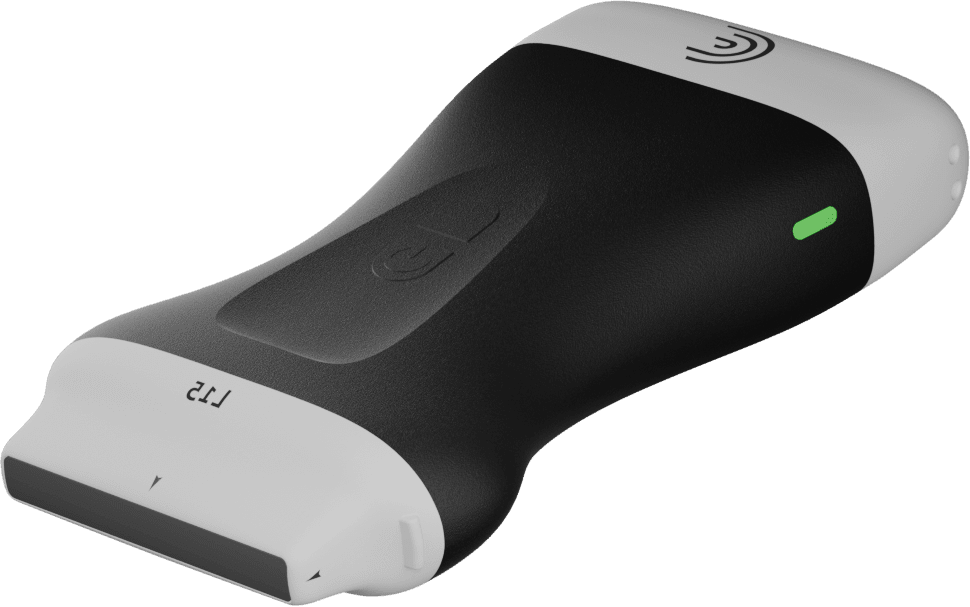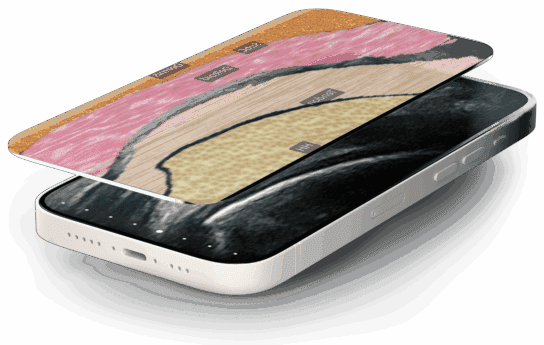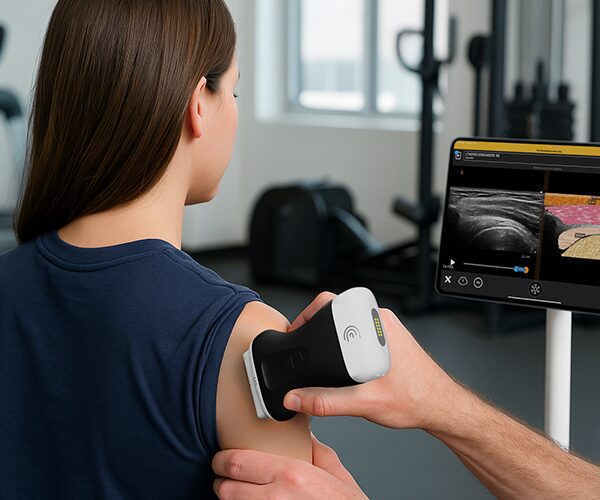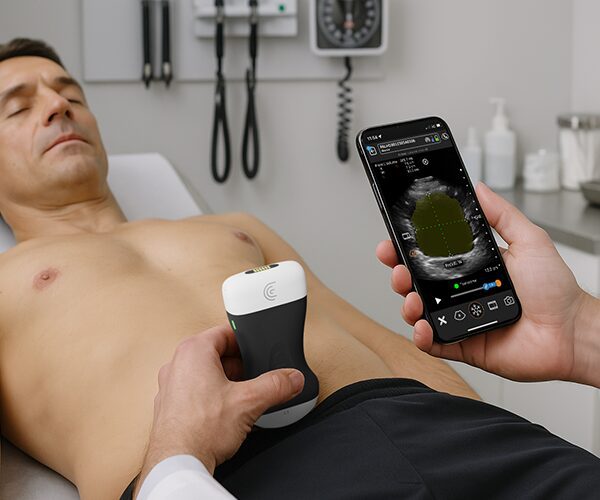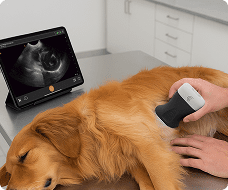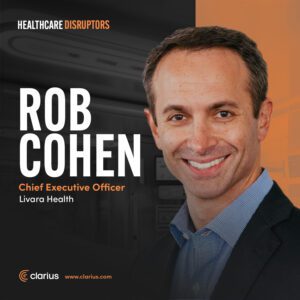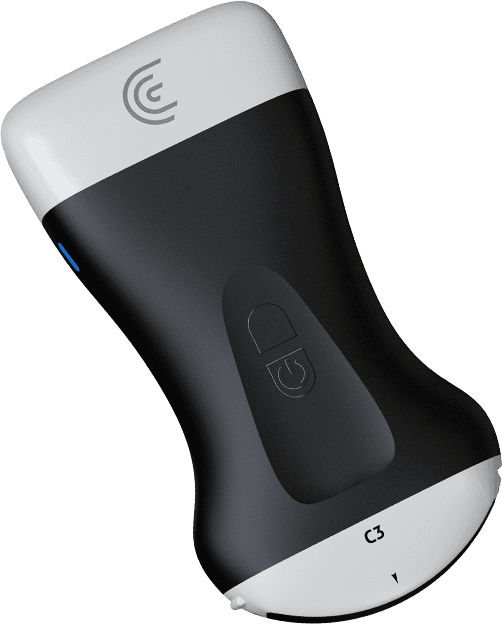In healthcare, innovation is not just a buzzword; it’s a necessity. Dr. Richard Zane, Chief Innovation Officer at UCHealth, emphasizes the importance of understanding real-world challenges before introducing new technologies.
Dr. Zane’s journey into healthcare innovation is a testament to the power of seizing opportunities. In our latest episode of Healthcare Disruptors, he discusses how recognizing and addressing frontline challenges can lead to meaningful advancements in patient care.
Understanding Frontline Challenges
Dr. Zane emphasizes the necessity of understanding the challenges faced by healthcare providers before implementing new solutions. He believes that innovation should stem from real problems identified by those on the front lines. “You can’t bring a solution to a problem when you don’t actually know it’s a problem, and you don’t know where the problem sits and who’s responsible for solving that problem,” he explains.
By prioritizing a problem-centered approach, healthcare organizations can ensure that new technologies are not just innovative but also practical and effective. Dr. Zane points out that successful innovation requires collaboration with frontline staff to identify specific needs and develop solutions that truly enhance patient care.
The Importance of Rapid Decision-Making
Another critical aspect of Dr. Zane’s approach to healthcare innovation is the emphasis on rapid decision-making. He argues that eliminating bureaucratic hurdles is essential for the swift implementation of effective solutions. “If something’s working, don’t pull it out to try something new,” he warns. “But if you think about a lot of places, you get a shiny object[…] But because this is new and maybe you can make an investment in it, you’re going to rip out the thing that works, put in the thing that you’re experimenting on, and all of a sudden people hate you because you’ve taken away a tool that works.” (24:34)
This perspective encourages healthcare organizations to focus on what is already effective while exploring new opportunities. Dr. Zane’s experience at UCHealth has shown him that a streamlined decision-making process can significantly enhance operational efficiency. By fostering an environment where decisions can be made quickly, healthcare organizations can adapt to changes in the industry and implement innovations that improve patient outcomes.
Collaboration with Startups
Dr. Zane also discusses the value of collaboration with startups as a means to drive innovation in healthcare. He believes that partnering with emerging companies can lead to the development of scalable solutions that address specific challenges faced by healthcare providers. “Our deal flow is probably 60% us going out looking, 40% coming to us.” This proactive approach allows UCHealth to identify promising technologies and work collaboratively to refine and implement them.
The partnership model that Dr. Zane advocates for emphasizes the importance of being a co-developer rather than just a customer. By actively engaging with startups, UCHealth can help shape technologies that meet their specific needs while also providing valuable insights to the companies involved. This symbiotic relationship ultimately benefits both parties and leads to better outcomes for patients.
Conclusion
Dr. Richard Zane’s insights into healthcare innovation underscore the importance of understanding frontline challenges, fostering rapid decision-making, and collaborating with startups. By prioritizing a problem-centered approach and creating an environment conducive to innovation, healthcare organizations can drive meaningful change in patient care. As Dr. Zane aptly puts it, “Innovation is not about shiny objects. It’s not about technology. It’s about recognizing a problem and having a better or different way to solve it.” This mindset is essential for transforming the healthcare landscape and ensuring that new technologies truly enhance the delivery of care.
